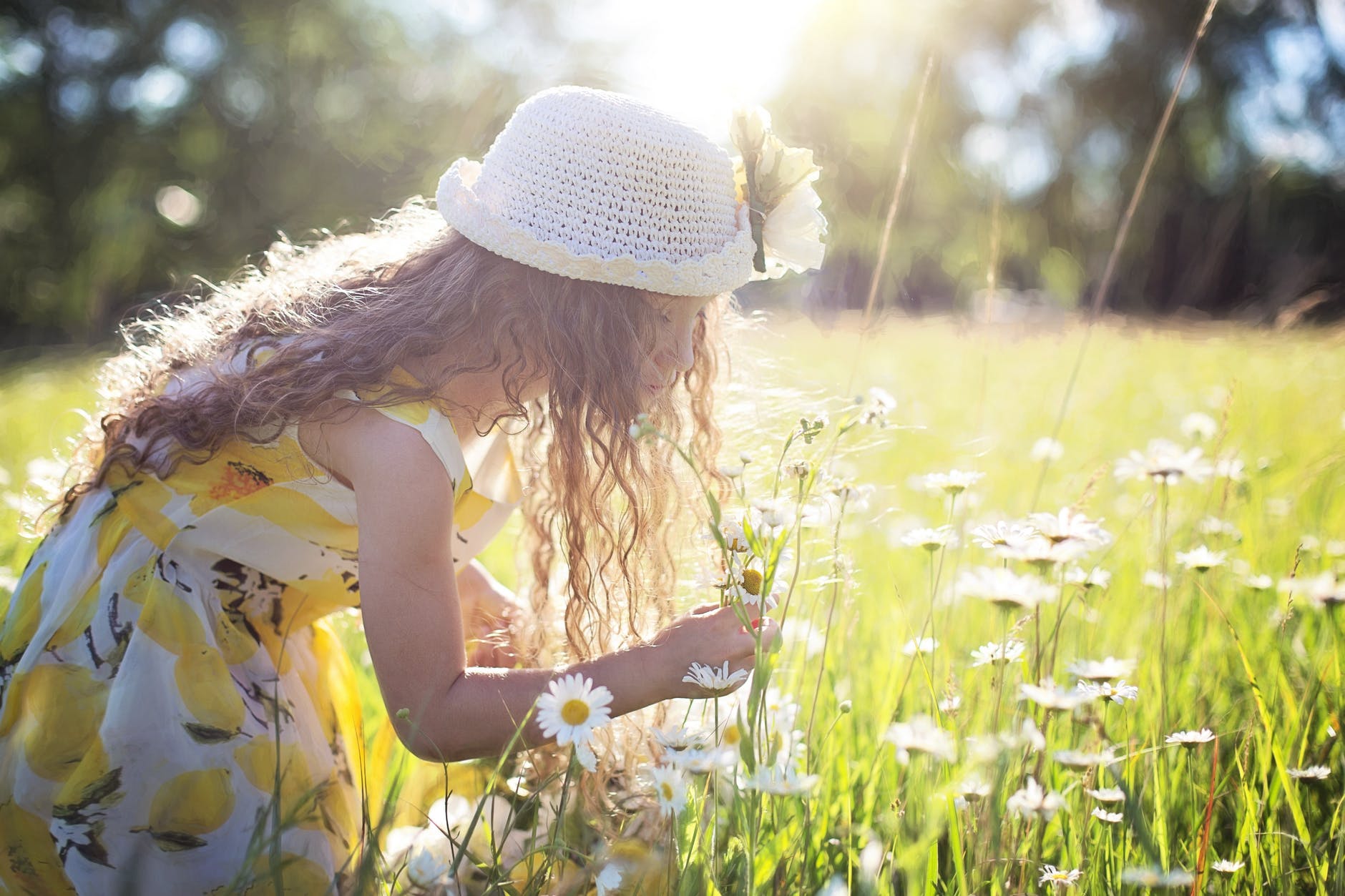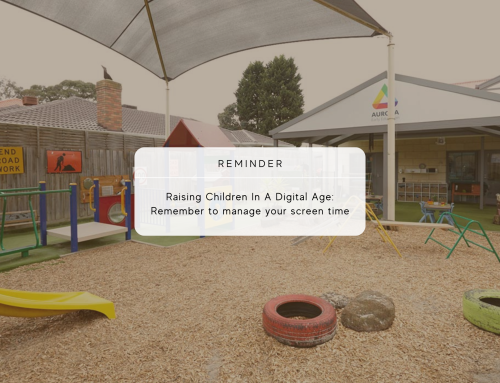Do you remember how much fun you had making mud-pies as a child? Or the delight when you stumbled across a clutch of eggs in a little birds’ nest?
Today, little children are much less eager to venture outdoors than we were; after all there are so many exciting activities indoors from watching television to playing virtual games. In our technologically charged world it’s important that our little ones do not lose touch with the world outside. As parents and caregivers, it’s our responsibility to mindfully and consciously make sure that little children are continuously engaging in outdoor, nature-centric activities which help them establish a more secure sense of identity and develop empathy and resilience.
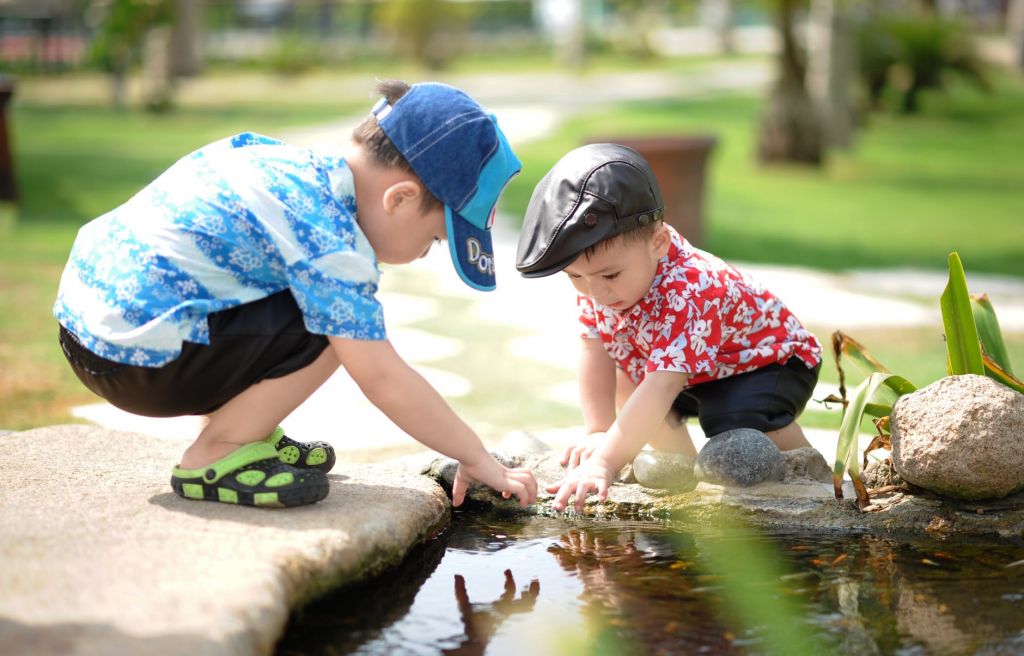
Little ones across Australia have been celebrating Nature Play Week, an initiative by the Kids in Nature Network. At Aurora Early Education, we’ve also been celebrating a Nature Week with songs, activities and stories that help our little ones understand and celebrate nature. Indeed, one of Aurora’s core values includes embracing all the elements of nature, earth, fire, water, air and space. Our learning environments and spaces are designed so that children can connect to the elements in nature.
As we count the days to Earth Day 2018, which we’ll celebrate this Sunday, there’s no better time to explore the importance of nature in little children’s lives.
Kids Do Better Outside
The Kids in Nature Network believes that kids do better outside. There’s a whole body of scientific study, theories from childcare experts and child psychologists which supports this belief; nature oriented play :
- Empathy: Very often, when exploring nature, children will spot birds or small animals going about their day to day activities. Observing them will help them appreciate that animals too need to eat and care for their young. This will help develop your little one develop empathy.
- Responsibility: Getting your child involved in an activity like gardening or caring for an animal will teach him or her a sense of responsibility, where they come to learn that they are responsible for the plants’ and animals’ well being.
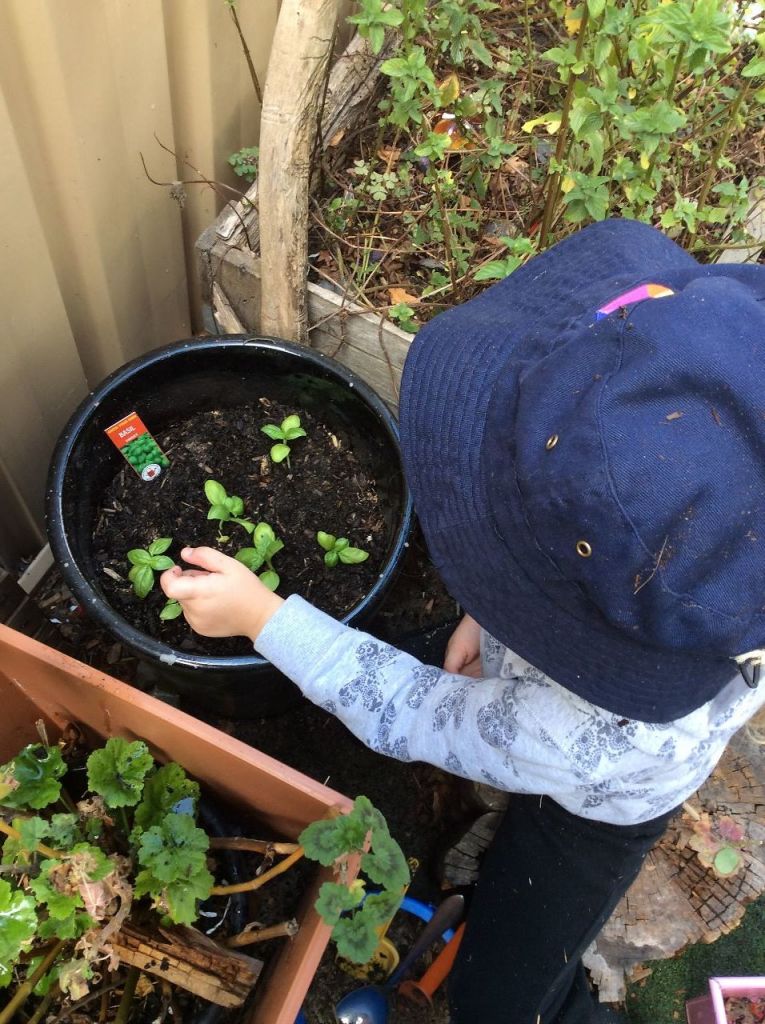
- Socialisation: Outdoor and nature play fosters more meaningful relationships between children as well as children and adults. As they all explore the natural world together, they share their knowledge and skills to accomplish different tasks such as climbing a hill or spotting a particular type of bird. Natural settings encourage both adults and children to relax, leading to more meaningful interactions.
- Strengthens Immunity: While many parents are fearful of allowing their children to play with dirt in case they fall ill, medical researchers like T. Haahtela argue that exposure to soil, sand and other elements can help build a child’s immunity; contact with harmless microbes can help build their resistance against disease.
- Physical Benefits: Most outdoor activities involve moving around; children may want to climb a tree, run up a hill or chase a rabbit as it runs across a field. All of these activities strengthen muscles, bones, control weight and stimulate the release of endorphins which helps makes children happier.
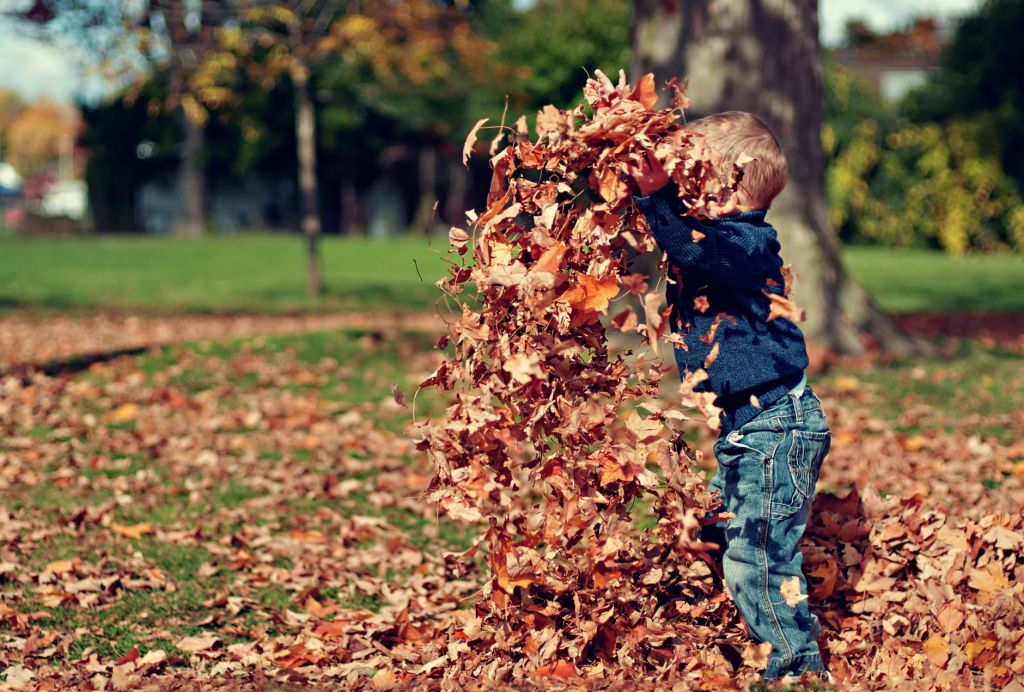
- Connections: As children play with twigs or see fruit growing on trees, they come to understand the importance of nature in our day to day lives; it supplies us with food and resources to make us more comfortable. Through this, their desire to nurture and protect the environment is strengthened.
- Sparks curiosity: Social ecologist Stephen Kellert has suggested that playing outside involves seeing many unexpected sights from birds flying across the sky to leaves falling. Each of these events stimulates a child’s curiosity, encouraging them to ask ‘Why’ and ‘How’ questions. This in turn facilitates cognitive growth.
Day to day Nature Play
Our busy days and schedules don’t allow us to take our children to national parks or beaches everyday after week, but nature play doesn’t only happen in The Great Outdoors. With a few materials you can transform your backyard into a stimulating natural environment. Don’t have a backyard? Even a kitchen ledge with a few plants can do the trick. Here are a few ides:
- A small garden: Starting a small patch of garden in your backyard will allow your child to take part in gardening, shovelling and maintaining it. Growing low-maintenance vegetables like carrots or green beans will allow you to teach your child about where food comes from. If you don’t have a backyard, growing herbs in pots on a sunny window sill is an alternative.
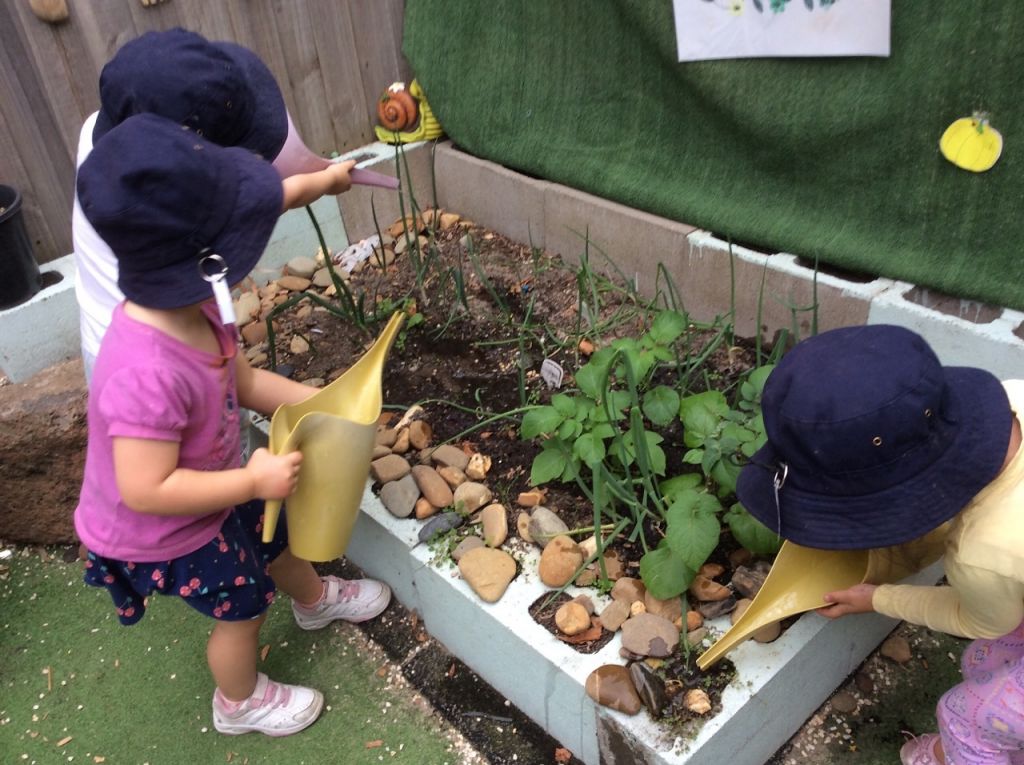
- Zoom In: Even a walk home can be filled with nature-oriented observations. SImply stop in front of a tree and ask you child what he and she can see; what’s the texture of the bark? Are there any birds? What colour are the leaves?
- Use natural resources for art: At Aurora, during Nature Play Week, we have been giving our learners natural materials like twigs and leaves to create artwork. Do the same at home with materials collected from a weekend out; you’ll be surprised at what they’ll create!
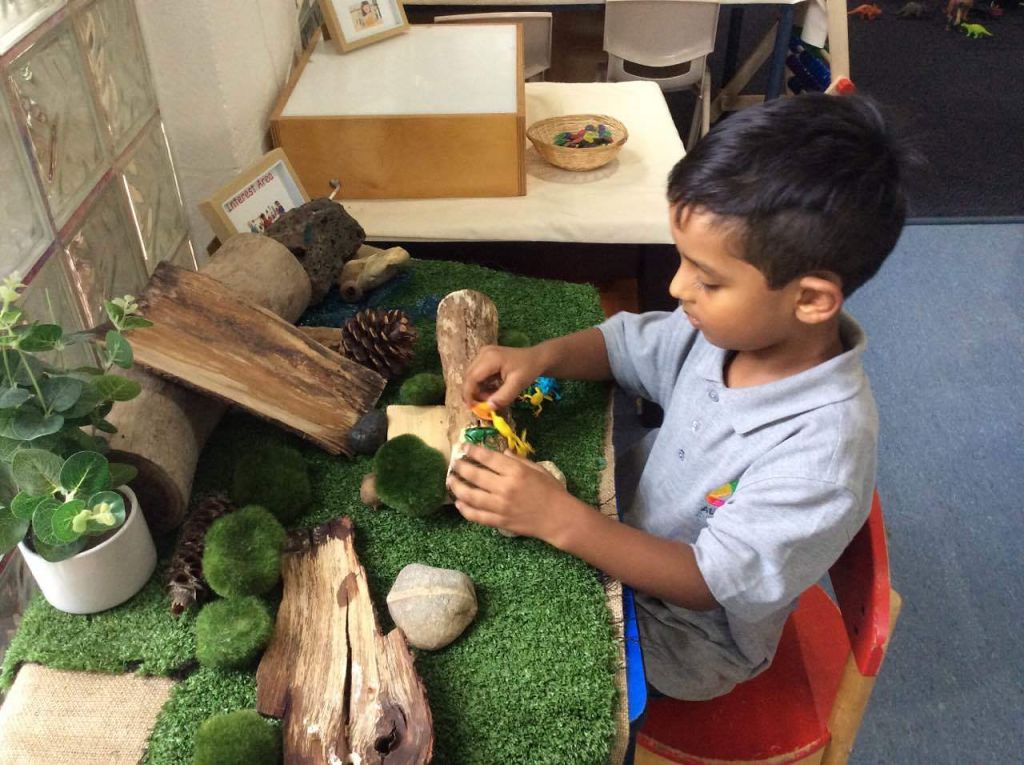
- Have a nature-interest box: At our center, we also have a nature interest corner with materials collected from outdoors and paintings and drawings our learners have created. All of these can be used as play materials; a stone can be transformed into a marble, a dried leaf can be used as a stamp. Encourage your child to look for little items to take home when they’re outdoors, but be sure to teach them not to take anything living – don’t pull branches off trees or take homes shells with molluscs in them.
As you play and learn with your little one, you’ll both come up with other ideas to incorporate nature into your day to day lives.
Have a trip to our Childcare Centre in Rowville and Childcare Centre in Doncaster.


